
Saying yes....
Life is constantly calling you- forward, onward, upward into growth and inward to greater depths. Everyday, in large and small ways, you are being asked to step into a stronger, clearer, more grounded relationship with yourself and the world around you. There are things to let go of that are blocking your path, dimming your light, holding you back. The ever-present shadows of fear- you might get cold, wet, or embarrassed in your new soft skin of vulnerability. Step into the water anyways. Open up to infinite possibilities and the power of letting life flow through you...
It took me two years to launch this website. I had every excuse in the book- I'm not a technologically gifted person, I don't want to limit my work or make it somehow less true in a virtual format, I don't have time, I could be criticized, I might fail. Yet, again and again students, friends, and family would gently say - is there someway we could take your classes online, you could help a lot of people, Valarie you have so much to give. So finally, I dropped my pretense and procrastination and I decided to step into the water...
It's true that you might get cold, and if you are out there fully living life you will most certainly get wet on some days. But just beyond your warm, dry comfort zone is a new perspective, a fresh and fierce cleanse, a dip into the river that changes the course you are on and connects you to the larger currents of the universe...
Say yes.




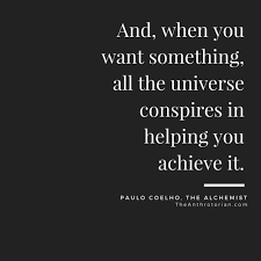
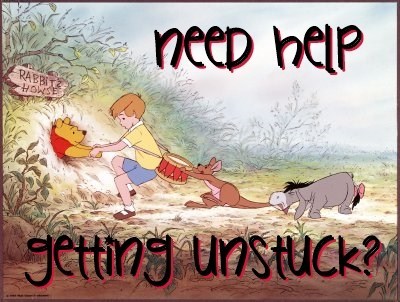



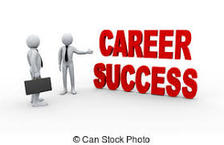

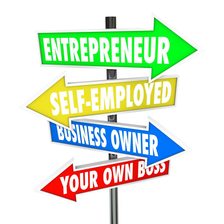

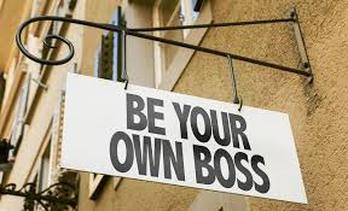

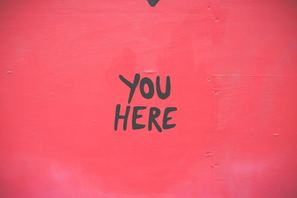

 RSS Feed
RSS Feed